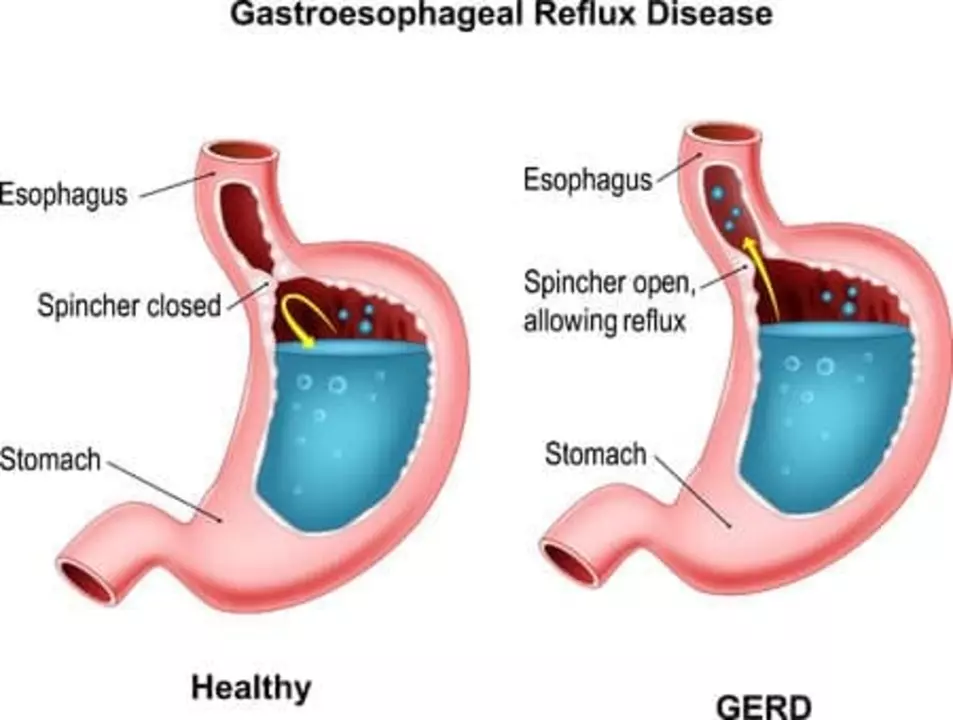Gastric Motility Disorders: What They Are and How to Handle Them
If your stomach feels like it’s stuck on slow motion, you might be dealing with a gastric motility disorder. In plain terms, this is when the muscles that move food through your digestive tract don’t work right. It can make meals feel heavy, cause nausea, or leave you feeling full after just a few bites.
These problems aren’t rare. Millions of people experience them at some point, but most never hear the term "gastric motility disorder" in a doctor's office. Instead, they get told they have indigestion or bloating. Understanding the root cause helps you find better solutions than just popping an antacid.
What Causes Gastric Motility Problems?
There are several reasons why your stomach might slow down:
- Diabetes: High blood sugar can damage the nerves that tell the stomach to contract, leading to delayed emptying.
- Medications: Opioids, some antidepressants, and anticholinergic drugs can relax stomach muscles too much.
- Neurological conditions: Parkinson’s disease or multiple sclerosis often affect gut movement.
- Infections or inflammation: A severe stomach bug or chronic gastritis can temporarily throw off motility.
- Idiopathic causes: Sometimes doctors can’t find a clear reason, and the condition is called "idiopathic gastroparesis."
Knowing what’s behind your symptoms matters because treatment changes depending on the cause. For example, managing blood sugar levels can improve motility in diabetics, while switching off an opioid may be enough for others.
How to Manage & Treat Gastric Motility Disorders
The good news is there are practical steps you can take right now:
- Adjust your meals: Eat smaller, more frequent portions. Stick to low‑fat, low‑fiber foods that empty faster.
- Stay upright after eating: Sitting or walking for 30 minutes helps gravity and muscle activity move food along.
- Hydration tricks: Sip water between bites instead of drinking large amounts with meals.
- Medications: Doctors may prescribe prokinetics like metoclopramide or domperidone to boost stomach contractions. Use them only under medical guidance.
- Blood sugar control: If you have diabetes, keeping glucose stable can prevent nerve damage that slows the gut.
- Review your drugs: Talk to your doctor about any meds that might be slowing your stomach. Sometimes a simple switch makes a big difference.
Beyond these tips, some people benefit from nutritional supplements such as ginger or peppermint oil, which can gently stimulate digestion. However, always check with a health professional before adding anything new.
If symptoms persist—especially vomiting, severe weight loss, or constant nausea—seek medical help. Tests like a gastric emptying study can show exactly how slow your stomach is and guide treatment.
Living with a gastric motility disorder doesn’t have to ruin meals. By tweaking diet, staying active after eating, and working with your doctor on the right meds, you can keep food moving smoothly and feel better day to day.

